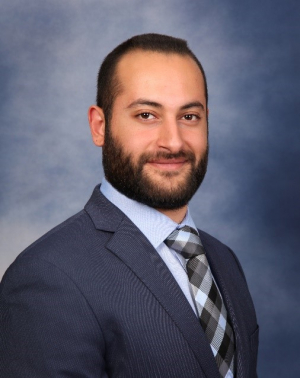
Dr. Hrayer Aprahamian, Assistant Professor
Department of Industrial and System Engineering
Texas A&M University
Date: Friday, Oct 16, 2020
Time: 1 - 2pm
Zoom Meeting ID: 970 7656 5407
Password: 477211
Abstract: Combinatorial optimization (CO) is an important class of problems that arise in a range of applications. In this talk, I will present some recent results for a specific CO problem, known as the set partitioning problem. The problem is studied under a broad family of objective functions characterized by elementary symmetric polynomials, which are “building blocks” to symmetric functions. The analysis of a continuous relaxation of the problem leads to key structural properties that enable the use of a reformulation technique in which the problem is cast as a more tractable shortest path problem. Several results from the literature are shown to arise as special cases of the proposed framework. The usefulness of the results are demonstrated through two applications, the first of which is on mass screening of heterogeneous populations and the second is on risk-based quarantine policies.
Biography: Hrayer Aprahamian is an Assistant Professor at the Department of Industrial and Systems Engineering at Texas A&M University. His research focuses on combinatorial/discrete optimization and network analysis, with particular interest in applications related to healthcare systems and public policy decision-making. He received his Ph.D. in Industrial and Systems Engineering from Virginia Polytechnic Institute and State University in 2018, and was advised by Ebru K. Bish and Douglas R. Bish. Hrayer’s research papers have appeared in journals such as Management Science, INFORMS Journal on Computing, Stochastic Systems, and IISE Transactions. He received the IISE Transactions Award in 2020, the Pritsker Doctoral Dissertation Award in 2019, the Paul E. Torgersen Research Excellence Award in 2018, and was runner-up for the 2017 Pierskalla Best Paper Award.